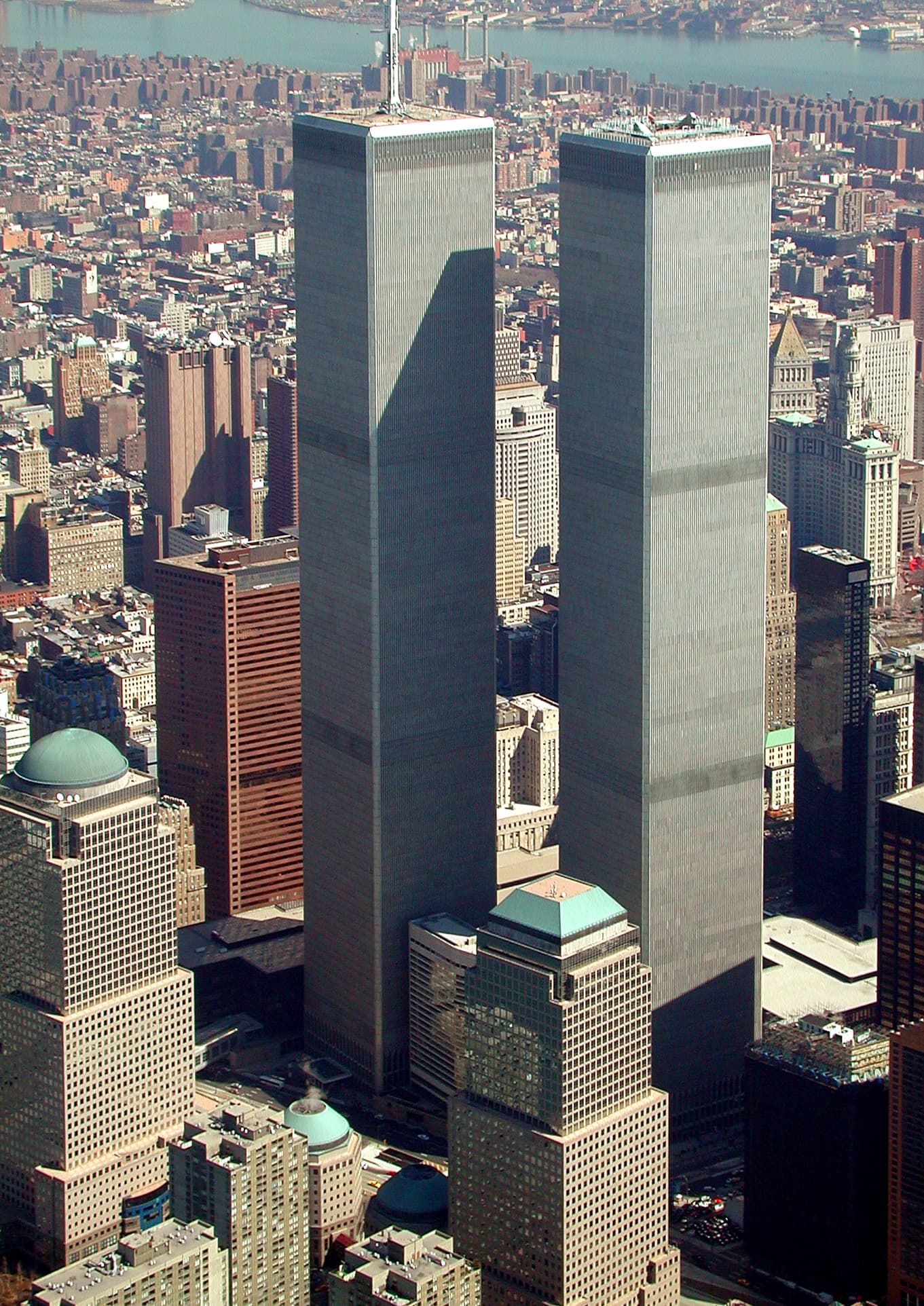Nuanced Post-9/11 American Sentiment Towards Muslims Debated by Political Commentator

Political commentator Sean Fitzgerald, known online as "Actual Justice Warrior," recently sparked discussion on social media regarding American public sentiment towards Muslims following the September 11, 2001, terrorist attacks. Fitzgerald asserted that despite the actions of "Islamic terrorists" that "changed the course of the nation's history for the worse," Americans became "more welcoming to Muslims" and engaged in "huge campaigns to separate them from the extremists." He then criticized what he termed "Mamdani types," claiming they "spit on you after you open your arms."
Fitzgerald, identified as a far-right political commentator and YouTuber, frequently offers critiques of progressive ideologies and social justice movements. His statement reflects a particular interpretation of the complex societal response in the United States in the aftermath of 9/11.
Historical data indicates a dual reaction within American society post-9/11. While there was a documented surge in anti-Muslim sentiment, discrimination, and hate crimes, there were also significant efforts by some non-Muslim Americans, including political and religious leaders, to show solidarity with Muslim communities and condemn bigotry. These campaigns aimed to distinguish between extremist groups and the broader Muslim population.
The term "Mamdani types" likely refers to the academic and intellectual contributions of Mahmood Mamdani, a prominent scholar of African history and postcolonial studies. Mamdani, particularly in his 2004 book Good Muslim, Bad Muslim: America, the Cold War, and the Roots of Terror, critically analyzes the Western-imposed dichotomy of "good Muslim" versus "bad Muslim." He argues that terrorism should be understood as a modern political phenomenon with historical and geopolitical roots, rather than an inherent characteristic of Islam or a cultural trait. Mamdani's work emphasizes political contexts, such as colonial legacies and Cold War interventions, in shaping radical movements, often challenging cultural or religious explanations for political violence. Fitzgerald's critique appears to target this perspective, suggesting it undermines efforts to foster inter-community understanding.